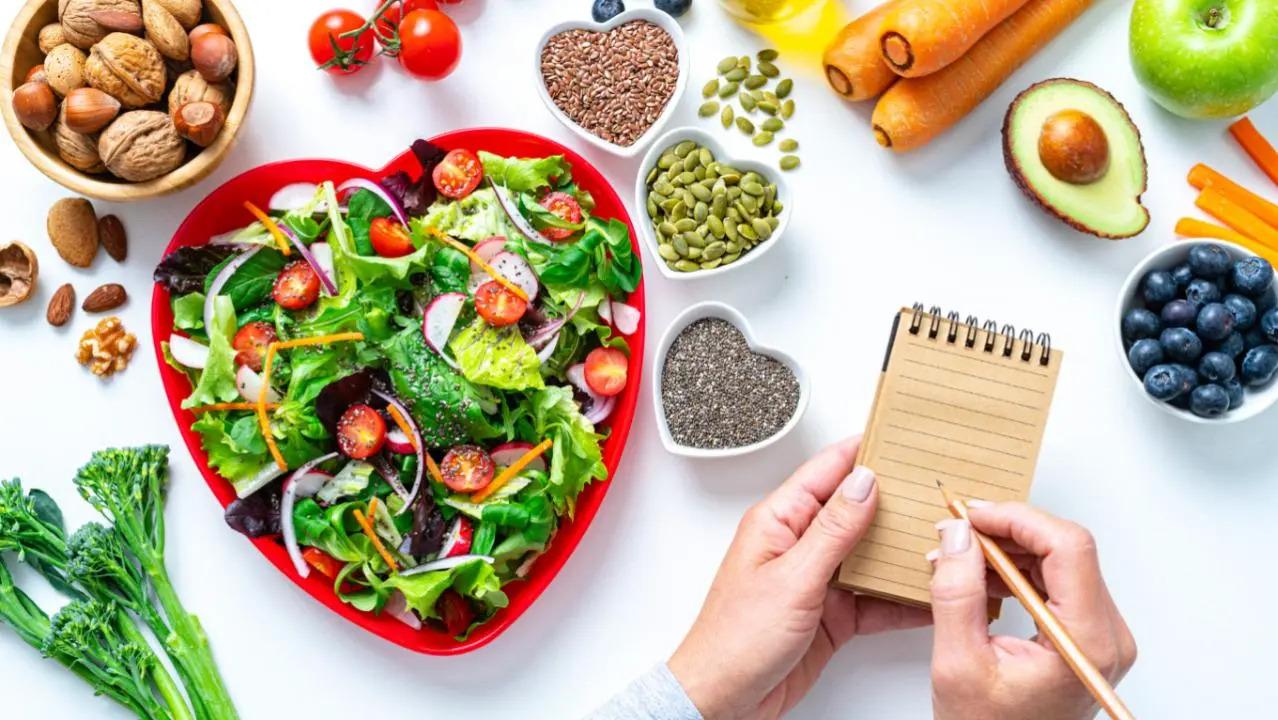Researchers showed that a group of brain cells can create memories of meals, encoding not just what food was eaten but when it was eaten

Image for representational purposes only (Photo Courtesy: iStock)
A team of US scientists has discovered a specific group of brain cells that could explain why people with memory problems often overeat.
The team showed that people who also keep forgetting about recent meals can trigger excessive hunger and can lead to disordered eating.
Researchers from the University of Southern California showed that the group of brain cells can create memories of meals, encoding not just what food was eaten but when it was eaten.
During eating, neurons in the ventral hippocampus region of the brain become active and form what the team of researchers call “meal engrams” -- specialised memory traces that store information about the experience of food consumption.
While scientists have long studied engrams for their role in storing memories and other experiences in the brain, the new study, published in the journal Nature Communications, identified engrams dedicated to meal experiences.
“Meal engrams function like sophisticated biological databases that store multiple types of information such as where you were eating, as well as the time that you ate,” said Scott Kanoski, Professor of biological sciences at the USC Dornsife College of Letters, Arts and Sciences.
Kanoski added that the findings could eventually inform new clinical approaches for treating obesity and weight management.
Current weight management strategies often focus on restricting food intake or increasing exercise, but the new research suggests that enhancing meal memory formation could be equally important.
The research team used advanced neuroscience techniques to observe the brain activity of laboratory rats as they ate, providing the first real-time view of how meal memories form.
The meal memory neurons are distinct from brain cells involved in other types of memory formation.
When researchers selectively destroyed these neurons, lab rats showed impaired memory for food locations but retained normal spatial memory for non-food-related tasks, indicating a specialized system dedicated to meal-related information processing.
The study revealed that meal memory neurons communicate with the lateral hypothalamus, a brain region long known to control hunger and eating behaviour. When this hippocampus-hypothalamus connection was blocked, the lab rats overate and could not remember where meals were consumed.
This story has been sourced from a third party syndicated feed, agencies. Mid-day accepts no responsibility or liability for its dependability, trustworthiness, reliability and data of the text. Mid-day management/mid-day.com reserves the sole right to alter, delete or remove (without notice) the content in its absolute discretion for any reason whatsoever
 Subscribe today by clicking the link and stay updated with the latest news!" Click here!
Subscribe today by clicking the link and stay updated with the latest news!" Click here!






